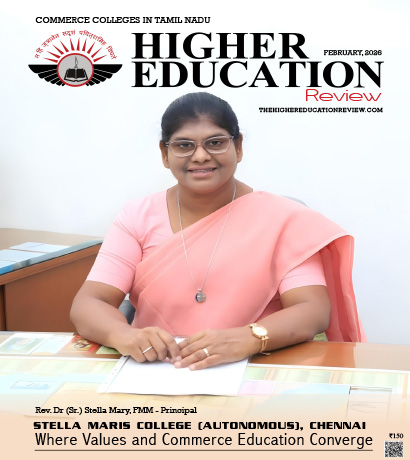AI May Cut 600000 Jobs but Create New Roles: Malaysia Minister

- 600,000 Malaysian jobs are at risk from AI, urging rapid reskilling.
- 60+ new roles emerging, 70% linked to AI and tech sectors.
- Initiatives like MyMahir aim to prepare the workforce for the AI future.
The job market in Malaysia is experiencing significant changes as artificial intelligence (AI) rapidly advances throughout various sectors, as stated by Human Resources Minister Steven Sim.
During the 52nd ARTDO International Conference, Sim stated that AI has the potential to create numerous new job opportunities, with more than 60 new roles already recognized, 70% of which are in the AI and technology fields.
A recent study commissioned by the ministry indicated that 600,000 current jobs are "at risk" from AI, although they may not be eliminated. “Some may become obsolete, but most will be reshaped, demanding urgent reskilling and upskilling,” Sim said.
He emphasized the need to transition from “worry to strategy,” highlighting that Malaysia should prepare its workforce with skills suitable for AI. Emerging job positions such as prompt engineers necessitate not only technical skills but also supervision of AI-generated results.
Sim stressed two essential skill foundations: high-level AI proficiency for managing or developing AI systems, and broad AI literacy for everyday users.
The MyMahir portal is assisting Malaysians in matching their training with skills for the future. Sim emphasized the importance of well-defined ethical and legal structures to steer the responsible development of AI.
Sim stated that a national labor market analysis conducted by his ministry showed that nearly 60% of employers in 10 major economic sectors anticipate AI will result in job creation, particularly in positions requiring advanced digital skills.
Sim said a national labour market study by his ministry revealed that up to 60% of employers across 10 key economic sectors expect AI to lead to job creation, especially in roles needing advanced digital skills.
Also Read: ETS Launches Global Employability Test to Gauge Workforce Skills
"The study, which included extensive inputs from industry stakeholders, is now sharing national policy on workforce readiness.
"AI is changing how we work, not eliminating the need for work.
"The question is not whether AI will take over, but whether we are preparing Malaysians to work with AI," he said.
“This is not just about technology, it’s about values, regulation, and inclusive growth,” he concluded, strengthening the ministry’s dedication to harmonizing innovation with workforce preparedness.

